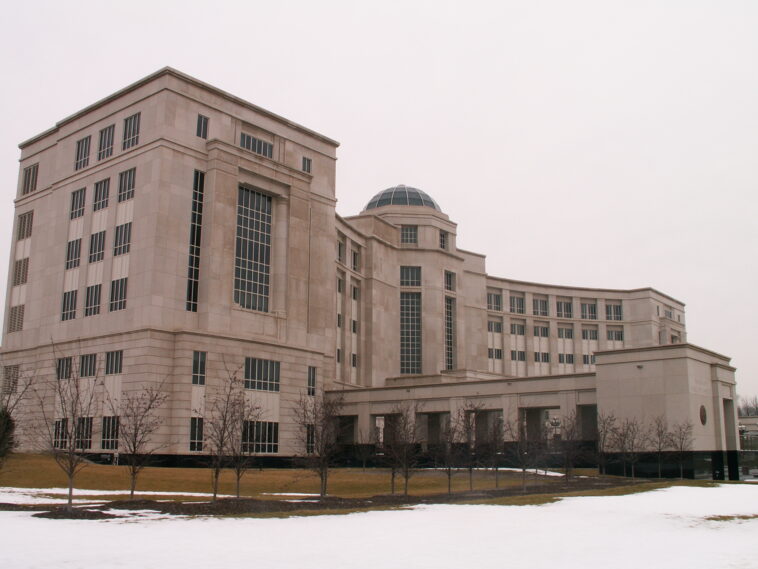
Michigan Supreme Court to hear arguments on retroactive application of law extending time period for civil sexual abuse cases
The Case
The Michigan Supreme Court is set to hear oral arguments on a case that could potentially open the door for old abuse claims against Michigan’s seven dioceses and other institutions where sexual abuse is alleged to have occurred. The case revolves around a 2018 law that extends the statute of limitations for filing civil sexual abuse cases for childhood abuse victims, which may aid in opening a window for victims whose decades-old claims are currently barred, due to the then statute of limitations. The high court is scheduled to hear the case on April 16, 2021.
The McLain v. Roman Catholic Diocese of Lansing Case
The main plaintiff, Brian McLain, brought this case against the Diocese of Lansing after being allegedly abused at the W. J. Maxey Boys Training School in Whitmore Lake in 1999 by the Rev. Richard Lobert. McLain filed suit in Livingston County Circuit Court in April 2021 against Lobert, the Archdiocese of Baltimore, and the Diocese of Lansing and claimed that he did not make a connection between the assault and his later struggles with mental health issues until he spoke with a therapist about the abuse in November 2020. However, the dioceses and Lobert have argued that the claims were filed long past the legal cutoff period, which ended three years after the 1999 assault.
The 2018 Law at the Heart of the Debate
The 2018 law, which extended the statute of limitations, expanded the three-year statute of limitations post-assault to include childhood claims discovered up to an individual’s 28th birthday or three years after making a connection between the assault and the resulting injury or trauma. The law is primarily understood to apply prospectively — for assaults that took place after 2018 — but a carveout was included to accommodate old claims associated with Michigan State University sports medicine doctor Larry Nassar.
The Debate Over Retroactivity
Brian McLain argued that the legislative current effort to expand the law has no bearing on the 2018 statute change, which McLain contended was created to address cases like his. The Court of Appeals had originally sided with the dioceses of Lansing and Baltimore, but the Supreme Court is now considering whether McLain’s recent recognition of injuries associated with the claimed assault were enough to trigger the 2018 law’s extended window for filing a claim and whether case law surrounding retroactivity allows the 2018 law to be applied retroactively to his case and others. If the justices decide that the law can be applied retroactively, it could open the floodgates to a range of sexual abuse claims that have until now been barred.
The Impact of the Decision
If the court decides that the law can be applied retroactively, it would likely open dioceses, schools, and others to a variety of sexual abuse claims that have so far been barred by the prospective interpretation of the 2018 law. The case is being closely watched by the survivors of sexual abuse and could set a precedent for how the statute of limitations is applied to such cases across the country.
Originally Post From https://www.detroitnews.com/story/news/local/michigan/2024/03/30/michigan-supreme-high-court-to-hear-case-that-might-revive-decades-old-abuse-claims-lansing-diocese/73148925007/
Read more about this topic at
Michigan Civil Statute of Limitations Laws
MCL – Section 600.5805 – Michigan Legislature

